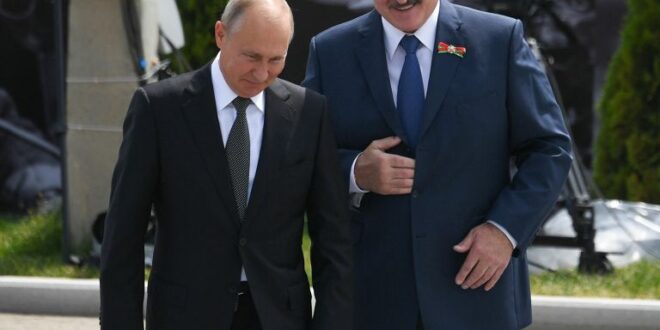The EU expresses its solidarity with Poland as regards the emergency conditions at its borders, but also does not back off from its demand for the rule of law to be respected in Belarus.
At best, we view the usefulness of the European family as a given. At worst, we consider it to be bureaucratic, boring, and often hypocritical, in contrast to its enemies, who attempt to destabilise it in every way possible.
The most recent is the dictator of Belarus, Alexander Lukashenko, who utilises refugees and migrants to this end.
He first lures them to his country and then sends them to its border with Poland.
He is not the first to do so.
He was preceded by Turkish President Recep Tayyip Erdogan, who did much the same, without success, at the Greek-Turkish border region in Evros.
Naturally, he is not alone, because behind Lukashenko stands Putin, who backs and assists him.
Putin is testing Europe’s reflexes either by stationing troops at the border with Ukraine or by inciting the activity of extremist elements in the Balkans.
Europe responds to these moves based on its capabilities and principles. It expresses its solidarity with Poland as regards the emergency conditions at its borders, but also does not back off from its demand for the rule of law to be respected in Poland.
The EU has warned Putin that there will be sanctions if he again violates the territorial integrity of another country, but it could have prevented the fire instead of having to put it out.
In the EU accession process of various Balkan countries, for example, there have been unpardonable delays. Some leaders could have placed European ideals above the interests of their industries.
In any event, it has yet again been demonstrated that what we need is more Europe and a better Europe.
We must fight for this and keep in mind that European sovereignty does not compete with national sovereignty. It complements it.
 Eurasia Press & News
Eurasia Press & News



